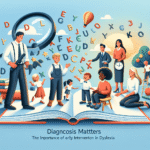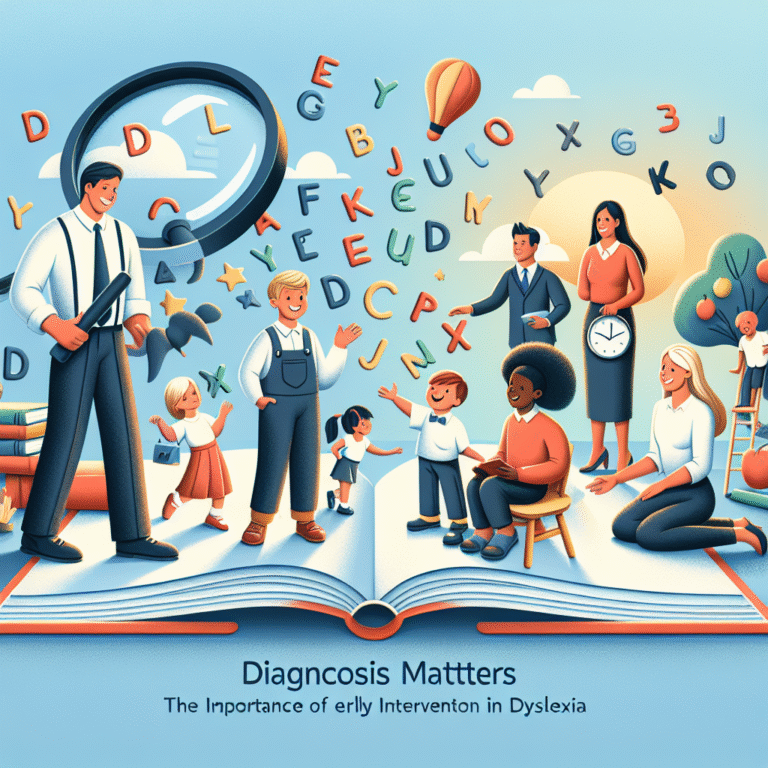
Introduction
Welcoming a newborn into your life is one of the most exhilarating experiences a parent can encounter. The first year is filled with profound changes and incredible milestones that will define your child’s early development. Understanding these milestone moments can ease some of the anxiety that comes with parenting, enabling you to celebrate the joy of growth. This article will guide you through what to expect in your child’s first year, offering insights that are essential for nurturing healthy development.
The Importance of Milestones
Understanding Milestones
Milestones are crucial markers of development that indicate whether children are progressing as expected. These can be physical, cognitive, emotional, or social developments, each providing a glimpse into your child’s growth. Here, we delve into the milestones you can expect to witness during the first year, ensuring you are well-informed and prepared for each stage.
Why Tracking Milestones Matters
Tracking these milestone moments helps parents identify any potential issues early on. According to the Centers for Disease Control and Prevention (CDC), monitoring development is key to ensuring that children receive appropriate interventions if necessary. Regular check-ups with pediatricians often include developmental assessments, highlighting the need for awareness in both parents and caregivers.
Month-by-Month Breakdown of Milestones
Month 1: The Newborn Stage
Physical Development:
- Reflexes such as grasp and rooting.
- Limited head control.
Cognitive Development:
- Responds to light and sounds.
- Begins to recognize parents’ voices.
Social/Emotional:
- The first smiles may start to appear.
Month 2: Growing Awareness
Physical Development:
- Begins to track objects with eyes.
- Some head lifting during tummy time.
Cognitive Development:
- Increased alertness and interest in surroundings.
Social/Emotional:
- Mimicking facial expressions.
Month 3: Social Engagement
Physical Development:
- Stronger neck and head control.
- Pushing up during tummy time.
Cognitive Development:
- Begins cooing and making sounds.
Social/Emotional:
- Smiling spontaneously and showing excitement.
Month 4: Enhanced Motor Skills
Physical Development:
- Rolling over from tummy to back.
- Reaching for toys.
Cognitive Development:
- The development of purposeful movements.
Social/Emotional:
- Enjoyment of social games like peek-a-boo.
Month 5: Exploring the World
Physical Development:
- Rolling in both directions.
Cognitive Development:
- Beginning to understand cause and effect.
Social/Emotional:
- Might show fear of strangers.
Chart: Milestone Summary for the First 6 Months
| Month | Physical Development | Cognitive Development | Social/Emotional |
|---|---|---|---|
| 1 | Reflexes, limited head control | Responds to light and sound | First smiles |
| 2 | Some head lifting, tracking objects | Increased interest in surroundings | Mimics facial expressions |
| 3 | Stronger neck control | Begins cooing | Smiles spontaneously |
| 4 | Rolling over, pushing up | Purposeful movements | Engages in social games |
| 5 | Rolling in both directions | Understanding cause and effect | Shows fear of strangers |
Month 6: Halfway Point
Physical Development:
- Sitting without support.
Cognitive Development:
- Recognizes own name.
Social/Emotional:
- Increased interaction with others.
Case Study: Sarah’s Journey
Sarah, a first-time mom, diligently tracked her baby’s milestone moments. At her six-month pediatrician appointment, she proudly reported how her daughter had been rolling over since four months and just started sitting up unassisted. The doctor noted her daughter’s age-appropriate milestones, which eased Sarah’s worries and reaffirmed her confidence in parenting.
Continued Development: Months 7-12
Month 7: Sitting and Socially Engaging
Physical Development:
- Sitting well without support.
Cognitive Development:
- Explores toys with hands and mouth.
Social/Emotional:
- Exhibiting preferences for certain people and toys.
Month 8: Communication and Exploration
Physical Development:
- Starting to crawl.
Cognitive Development:
- Understanding object permanence.
Social/Emotional:
- Developing separation anxiety.
Month 9: The Crawling Stage
Physical Development:
- Crawling efficiently.
Cognitive Development:
- Increased problem-solving skills.
Social/Emotional:
- Expressing a wider range of emotions.
Month 10: A World of Words
Physical Development:
- Pulling up to stand.
Cognitive Development:
- Beginning to say simple words ("mama," "dada").
Social/Emotional:
- Enjoying interactive games.
Month 11: Walking Toward Independence
Physical Development:
- Standing without support for short periods.
Cognitive Development:
- Imitating language and actions.
Social/Emotional:
- Greater attachment to caregivers.
Month 12: One-Year Old
Physical Development:
- Walking unassisted.
Cognitive Development:
- Knows the names of familiar objects.
Social/Emotional:
- Beginning to show independence while still relying on caregivers.
Case Study: Mike and Lara’s First-Year Insights
Mike and Lara struggled with understanding when their baby would walk. By documenting the key milestone moments, they recognized that their baby was progressing at a healthy pace, eventually taking steps right before turning one. Their experience highlighted the benefit of tracking milestones, alleviating their stress and allowing them to enjoy those precious moments.
Addressing Common Concerns
FAQs
1. When should I be concerned about my child’s milestones?
If you notice a significant delay, such as not sitting by 9 months or not crawling by 12 months, consult your pediatrician.
2. How can I support my child’s development?
Engage them in interactive games, provide various sensory toys, and create opportunities for safe exploration.
3. Is it normal for children to develop at different rates?
Yes, all children are unique. While there are general timelines, individual differences are perfectly normal.
4. How important is tummy time?
Tummy time is essential for building neck and shoulder muscles, aiding in crawling later on. Aim for 15-20 minutes daily.
5. What should I do to foster language development?
Read to your child often, talk to them throughout the day, and encourage them to babble back to you.
Conclusion
Experiencing your child’s milestone moments is a unique journey filled with wonder, growth, and, at times, uncertainty. Each stage of development brings its own set of rewards and challenges, but understanding what to expect will arm you with the knowledge and confidence to support your child’s progress. By being aware of these milestones and actively engaging in your child’s early life, you are not only nurturing their development but also creating lasting memories that you will cherish forever. Celebrate every little step, as every milestone is a testament to the amazing journey of parenthood.
Remember, every child is unique, but nurturing and engaging with them during this pivotal year can create a strong foundation for their future growth and learning. Your journey may be filled with twists and turns, but embracing it all is what makes the experience extraordinary.

















